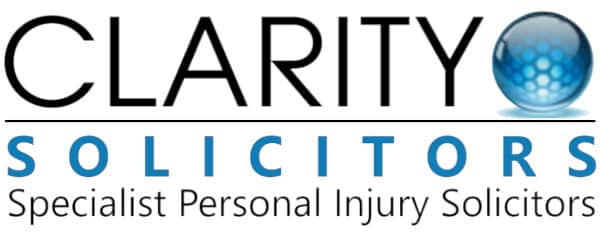Mismanagement of Chronic Conditions

Support with a Range of Chronic Illnesses
Mismanagement of chronic conditions can result in various complications that may significantly impact a patient’s health and quality of life. Chronic conditions require ongoing management, including medication adherence, lifestyle modifications, regular monitoring, and timely interventions. Failure to adequately address these aspects of care can lead to complications. Here are some examples of how mismanagement of chronic conditions can result in complications:
- Poor glycaemic control in diabetes: Failure to maintain optimal blood sugar levels in diabetes can lead to various complications, including neuropathy (nerve damage), nephropathy (kidney damage), retinopathy (eye damage), cardiovascular disease, and diabetic foot ulcers. Without proper management, these complications can progress and result in serious health issues, including limb amputation or blindness.
- Uncontrolled hypertension: Inadequate management of hypertension (high blood pressure) can increase the risk of heart disease, stroke, kidney disease, and other vascular complications. Without proper monitoring and treatment, uncontrolled hypertension can lead to irreversible damage to vital organs and increase the risk of life-threatening events such as heart attacks or strokes.
Start Your Claim Today
If you are looking to make a claim, contact our expert team today for a strictly confidential, free consultation, to discuss whether you might have a case and how we can help.
Fair Compensation for Negligence
- Non-adherence to medication regimens: Patients with chronic conditions may require long-term medication therapy to control symptoms and prevent complications. Non-adherence to medication regimens, including missed doses or improper use of medications, can lead to disease exacerbation, treatment failure, and increased risk of complications. For example, non-adherence to anticoagulant therapy in patients with atrial fibrillation can increase the risk of blood clots and stroke.
- Inadequate self-management skills: Effective self-management is essential for individuals with chronic conditions to maintain optimal health outcomes. Lack of knowledge, skills, or resources to manage their condition may lead to suboptimal disease control, poor lifestyle choices, and increased risk of complications. For instance, individuals with asthma who fail to recognize and manage exacerbations promptly may experience severe respiratory distress and require emergency medical intervention.
- Delayed diagnosis and treatment: Timely diagnosis and intervention are critical for managing chronic conditions and preventing complications. Delayed diagnosis or treatment initiation may allow the condition to progress unchecked, leading to irreversible organ damage or complications. For example, delayed diagnosis of rheumatoid arthritis can result in joint deformities and disability due to ongoing inflammation and joint damage.


Inadequate Support
- Inadequate preventive care: Regular monitoring and preventive care are essential components of managing chronic conditions and reducing the risk of complications. Failure to adhere to recommended screening guidelines, immunizations, or preventive interventions may result in missed opportunities to detect and mitigate disease progression or complications. For instance, individuals with chronic kidney disease may require regular monitoring of kidney function and blood pressure management to prevent further deterioration and complications such as end-stage renal disease.
Overall, effective management of chronic conditions requires a comprehensive, multidisciplinary approach that addresses the unique needs and challenges of each patient. Healthcare providers must prioritize patient education, support self-management strategies, and collaborate with patients to develop personalized care plans aimed at optimizing health outcomes and preventing complications.
Call us Today:
0161 480 4488
Or Request a Callback >


